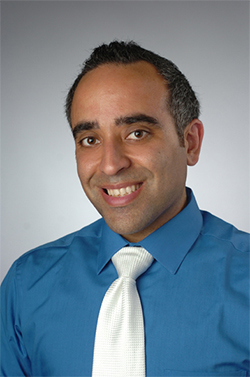University Establishes Scholarship to Honor Jamieson Ritter ’19
The University is honoring the memory of alumnus and fallen Cleveland, Ohio, police officer Jamieson Ritter ’19 with the establishment of a scholarship in his name. Beginning in 2025, the Jamieson Ritter Memorial ROTC Scholarship will be awarded to an…


